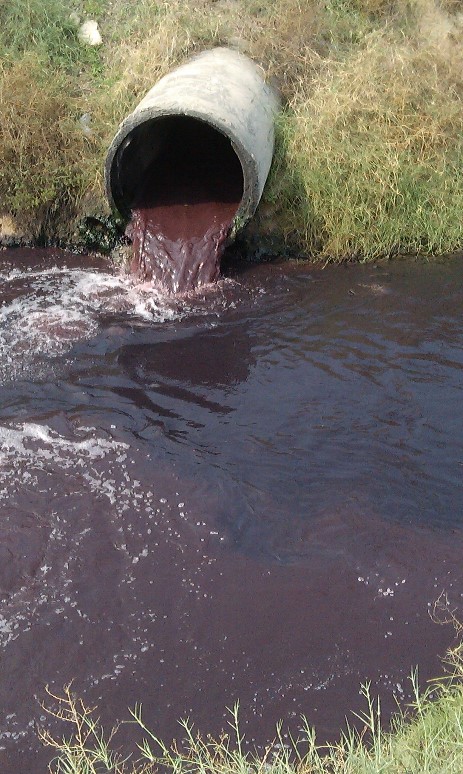Wastewater Template
The Partnership for Sustainable Textiles has agreed on a wastewater template that enables the wastewater analysis values of textile finishing facilities to be classified and transparently documented in order to make the facilities’ waste water management more comparable. In the long-term, this template should support the working group chemicals for implementing sustainable wastewater strategies that set out how contaminated water should be handled and thus make a key contribution to protecting humans and the environment.
The composition of wastewater from the textile finishing facilities depends on a range of factors – the textile substrate (cotton, polyester, rayon, polyamide and fibre blends), its product type (woven fabric, knitted fabric, yarn, flocked fabric, ready-made textiles), the process sequences used (pre-treatment, dyeing, printing and fabric-finishing processes), the chemical substances employed for this purpose (e.g. types of dyes applied) and the type of wastewater treatment.
Depending on the specific interaction of factors, for its comparability, it is necessary to classify the factors into groups in the template. As a means of for example the textile substrate, the group of polyester or cotton is formed.
However, the classification is only achievable with the collection of additional information, which are transparently documented in the template.

How does the wastewater template work?
For compensating seasonal fluctuations, data is collected for the period of a whole year: Template for 2019. Alternatively, another term of the year might be possible but has to be reported.
Read the full Erläuterung der verwendeten Abkürzungen.
For further questions please contact
Rahel Lemke, Partnership for Sustainable Textiles
Phone +49 228 4460 3502
Email rahel.lemke@giz.de
Partnership for Sustainable Textiles
c/o Deutsche Gesellschaft für Internationale
Zusammenarbeit (GIZ) GmbH
Friedrich-Ebert-Allee 36
53113 Bonn
mail@textilbuendnis.com
Phone: +49 228 4460-3560
@2023 Bündnis für nachhaltige Textilien


